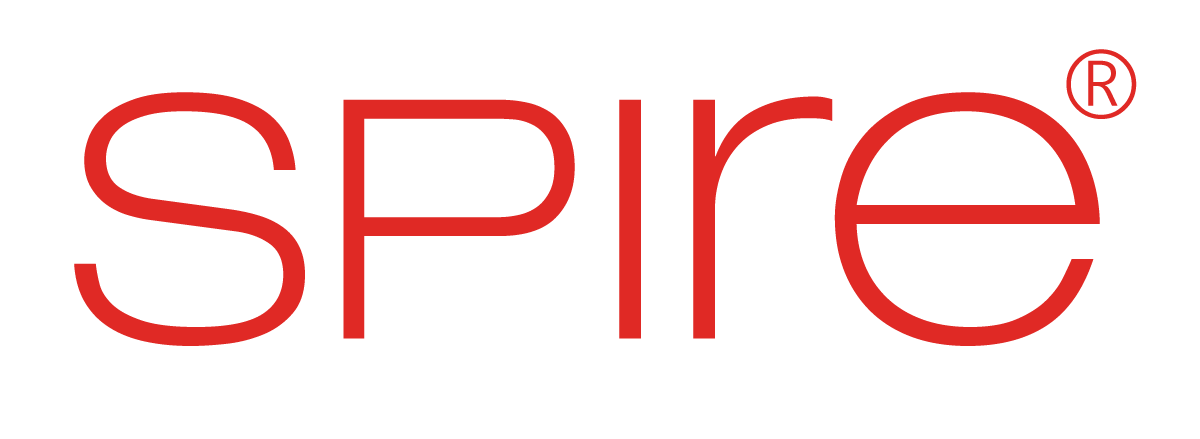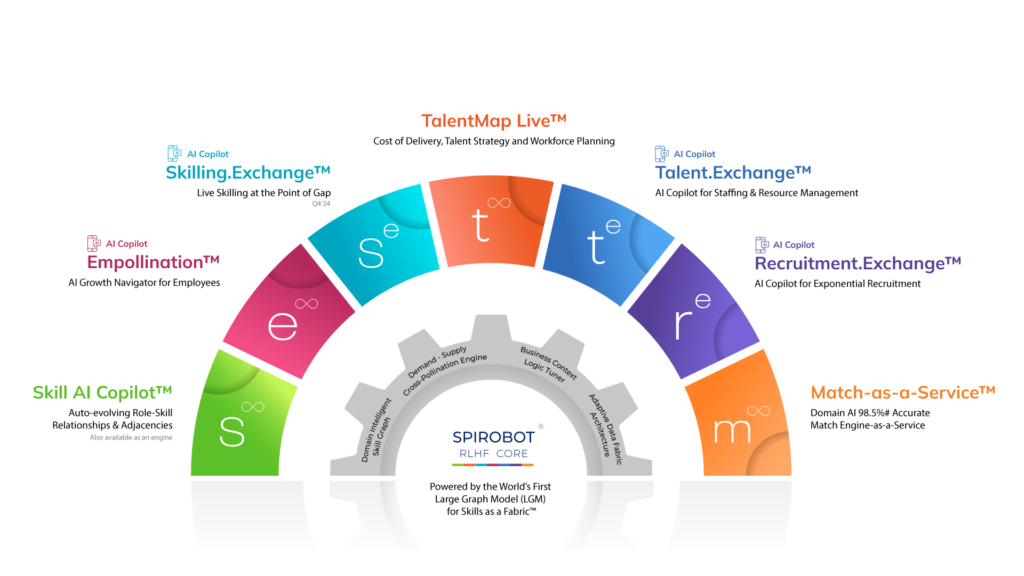The traditional talent acquisition paradigm, heavily reliant on academic credentials, is transforming. As the workforce evolves at an unprecedented pace, driven by technological advancements and changing business landscapes, the emphasis on degrees as the sole determinant of employability is waning. In its place, a more dynamic and meritocratic approach is emerging: skills-based hiring.
This innovative methodology centers on an individual’s proficiencies, capabilities, and experience rather than solely their educational background. Organizations are unlocking a vast pool of potential candidates who possess the precise competencies required for specific roles by prioritizing talented skills. This shift is not merely a trend but a strategic imperative for businesses seeking to thrive in an increasingly competitive marketplace.
Skills-based hiring focuses on the skills and competencies required for a job rather than educational background.
By adopting a skills-based hiring strategy, companies can break free from the constraints of traditional recruitment methods and gain a competitive edge. This approach fosters a culture of meritocracy, attracts top talent from diverse backgrounds, and accelerates innovation.
In the following sections, we will explore skills-based hiring’s benefits, challenges, and best practices. We will also examine how cutting-edge technologies like Spire.AI’s Talent Acquisition platform are revolutionizing how organizations identify, attract, and hire top talent.
What is Skills-Based Hiring?
Skills-based hiring focuses on the skills and competencies required for a job rather than educational background. This approach involves assessing candidates based on their demonstrable skills and experience, regardless of how they acquired those skills.
Why is Skills-Based Hiring Important?
The skills-based hiring approach offers several advantages for both employers and job seekers.
Benefits for Employers
- Access to a Wider Talent Pool: By focusing on skills rather than degrees, employers can tap into a wider pool of qualified candidates, including those who may not have a traditional educational background.
- Improved Candidate Fit: Skills-based hiring helps employers identify candidates with the specific skills and experience required to succeed in the job. This can lead to a better fit between candidates and jobs, improving employee performance, retention, and productivity.
- Reduced Time to Hire: By focusing on skills, employers can streamline the hiring process by eliminating the need to screen resumes based on educational background. This can help employers fill open positions more quickly.
Benefits for Employers
– Access to a Wider Talent Pool
– Improved Candidate Fit
– Reduced Time to Hire
Benefits for Job Seekers
- Increased Job Opportunities: Skills-based hiring opens up opportunities for job seekers who may not have a traditional educational background but have the necessary skills and experience for a particular job.
- Recognition of Skills and Experience: Skills-based hiring allows job seekers to showcase their skills and experience rather than just their educational background. This can be especially beneficial for job seekers who have gained skills through work experience or self-directed learning.
- Fairer Hiring Process: Skills-based hiring can help level the playing field for job seekers by focusing on their qualifications for the job rather than their educational background.
Benefits for Job Seekers
– Increased Job Opportunities
– Recognition of Skills and Experience
– Fairer Hiring Process
How to Implement Skills-Based Hiring
There are several steps that employers can take to implement skills-based hiring.
- Identify the Required Skills: The first step is identifying the specific skills and competencies required for the job. This can be done by conducting a job analysis, which involves reviewing the job’s tasks and duties.
- Develop a Skills-Based Job Description: Once the required skills have been identified, they should be incorporated into the job description. The description should focus on the skills and experience necessary for the job rather than educational qualifications.
- Assess Skills During the Interview Process: Employers should assess candidates’ skills and experience during the interview process through various methods, such as behavioral interviewing, skills assessments, and work samples.
- Use Skills-Based Testing: Skills-based testing can be valuable for assessing candidates’ skills and knowledge. Various skills-based tests are available, including aptitude tests, technical skills tests, and soft skills assessments.
Steps to Implement Skills-Based Hiring
1. Identify the Required Skills
2. Develop a Skills-Based Job Description
3. Assess Skills During the Interview Process
4. Use Skills-Based Testing
The Future of Skills-Based Hiring
The skills-based hiring movement is poised to profoundly reshape the talent acquisition landscape. As technology evolves and accelerates, the demand for specialized skills will only intensify. Organizations that embrace skills-based hiring will be better equipped to adapt to these changes and build high-performing teams.
Beyond its immediate benefits, skills-based hiring can potentially address broader societal challenges. By breaking down barriers to employment based on traditional educational qualifications, this approach can help to reduce inequality and create more inclusive workplaces. As more organizations adopt skills-based hiring practices, it will become increasingly recognized as the standard for identifying and recruiting top talent.
To fully realize the potential of skills-based hiring, employers, educational institutions, and government agencies will need to collaborate on an ongoing basis. Developing robust skills assessment tools, investing in workforce development programs, and promoting industry-recognized skill standards will be essential to building a skills-based economy.
Ultimately, the future of work belongs to those who can demonstrate their abilities and adapt to changing circumstances. Skills-based hiring is the key to unlocking this potential and creating a more equitable and prosperous future.
How Spire.AI Can Help with Skills-Based Hiring
In the dynamic landscape of skills-based hiring, Spire.AI emerges as a powerful ally for organizations seeking to attract and retain top talent. Spire.AI’s Talent Acquisition platform offers a comprehensive suite of tools designed to streamline the recruitment process and identify individuals with the most relevant skills.
Here’s how Spire.AI empowers organizations to excel in skills-based hiring:
- Automated Skill Inventory and Profiling: Spire.AI leverages generative skills AI to analyze data from various sources, including resumes, job descriptions, and internal documents. This data is then used to generate detailed skill profiles for existing employees automatically. These profiles capture technical skills and soft skills crucial for success in specific roles. This eliminates manual data entry and ensures a comprehensive understanding of an individual’s skill set.
- Role-Skill Expertise Analyzer (SEA): This innovative tool goes beyond simply identifying skills. The SEA analyzes the skill profiles to determine the proficiency level of each candidate for a specific role. This allows employers to identify candidates who possess the required skills and the necessary depth of expertise for optimal performance.
- Skills-Based Job Description Optimization: Spire.AI assists in auto-generating compelling job descriptions that resonate with skilled individuals. By analyzing successful job postings and identifying keywords aligned with in-demand skills, Spire.AI optimizes the content to attract a wider pool of qualified candidates with the right skillsets.
- AI-Powered Matching Engine: Traditional Applicant Tracking Systems (ATS) often rely on keyword matching, which can miss out on qualified candidates whose resumes don’t contain the exact keywords. Spire.AI’s AI-powered matching engine goes beyond keyword matching. It uses sophisticated algorithms to assess the semantic meaning of skills and experiences, leading to more accurate matching of candidates to relevant job openings.
- Internal Talent Mobility: Spire.AI’s platform facilitates internal talent mobility by matching the skills of existing employees to available opportunities within the organization. This fosters employee engagement and helps develop a culture of continuous learning and skill development.
- Data-Driven Decision Making: Spire.AI empowers organizations to make informed hiring decisions based on objective data rather than subjective criteria by providing a centralized repository of skills data. This leads to a more efficient and effective recruitment process with a higher success rate.
Final Thoughts
In conclusion, skills-based hiring is a more effective way to identify and recruit top talent. By focusing on skills rather than degrees, employers can tap into a wider talent pool, improve candidate fit, and reduce hiring time. Job seekers can benefit from skills-based hiring by increasing job opportunities, recognizing their skills and experience, and a fairer hiring process. As the skills gap continues to widen, skills-based hiring is likely to become even more important in the future.
Frequently Asked Questions
What is the meaning of skills-based hiring?
Skills-based hiring is hiring by focusing on the skills and competencies required for a job rather than educational background. This approach involves assessing candidates based on their demonstrable skills and experience, regardless of how they acquired those skills.






